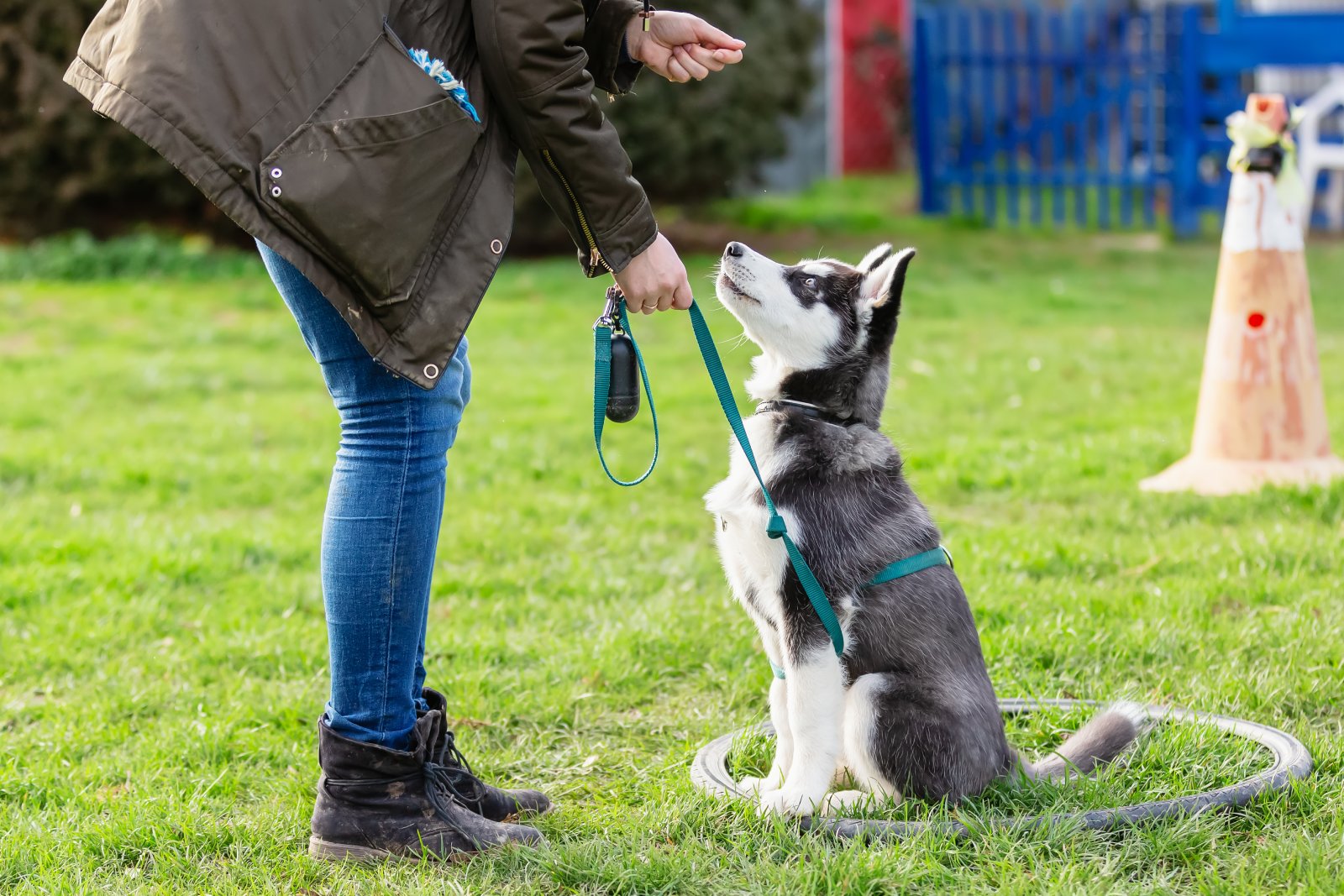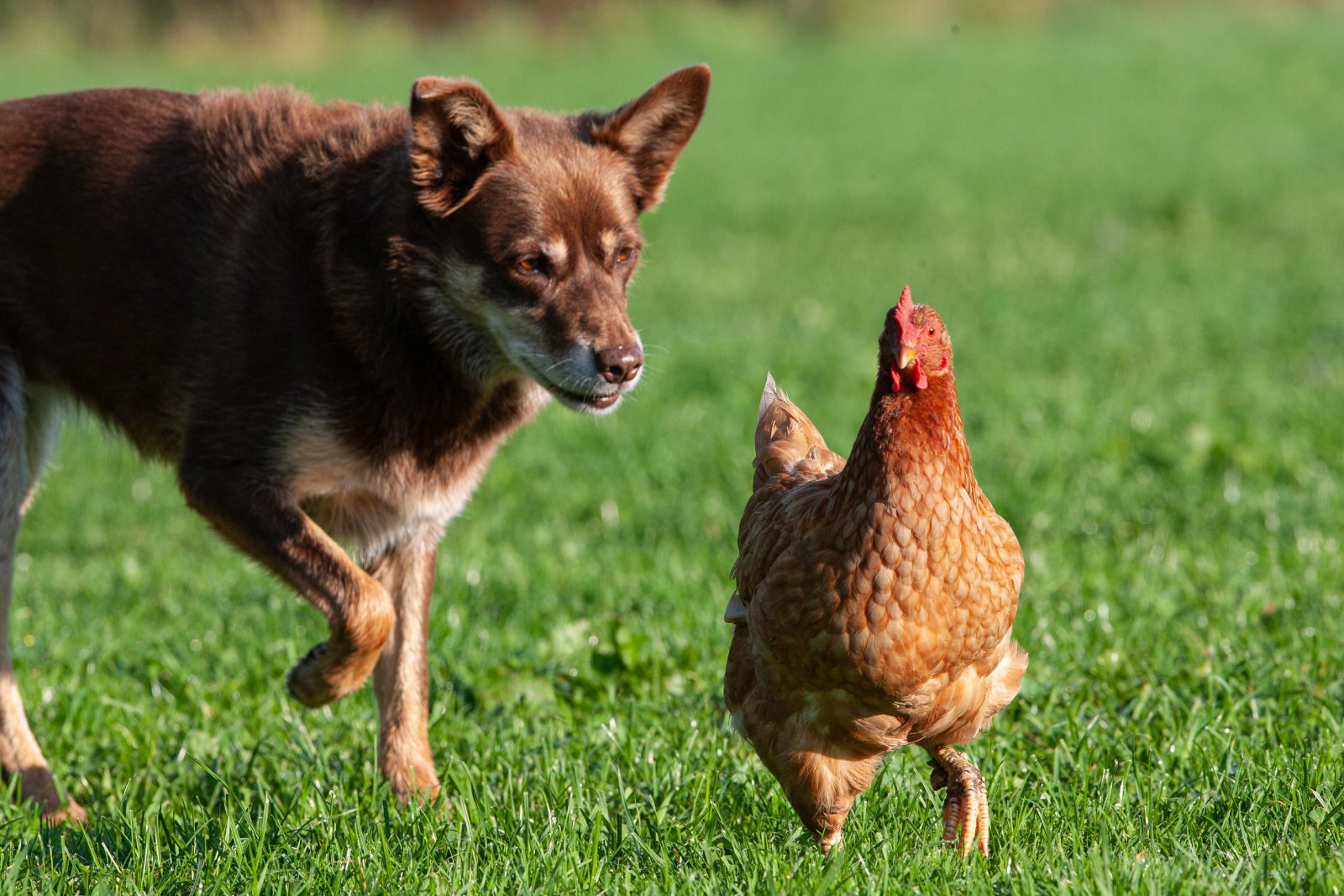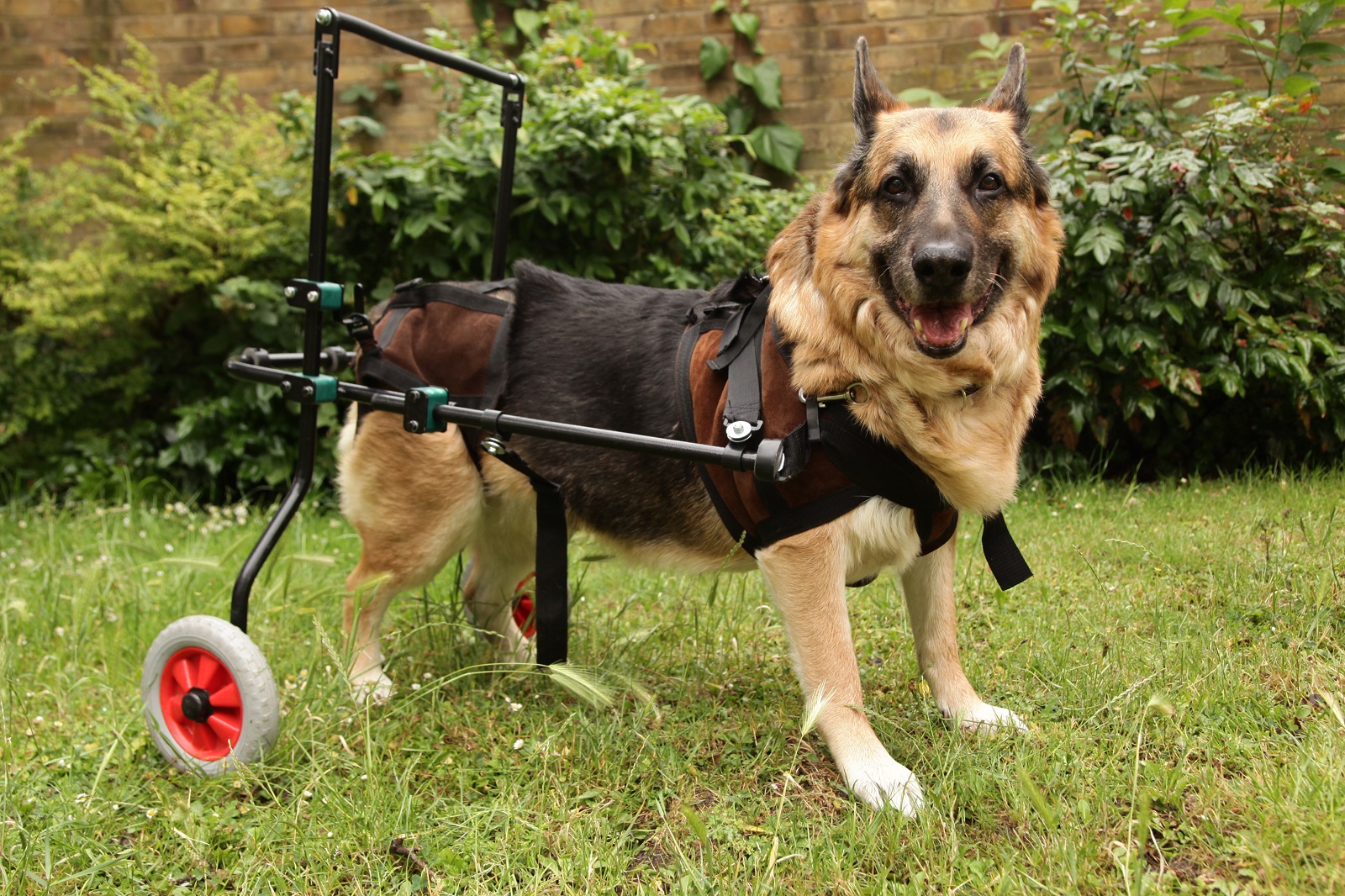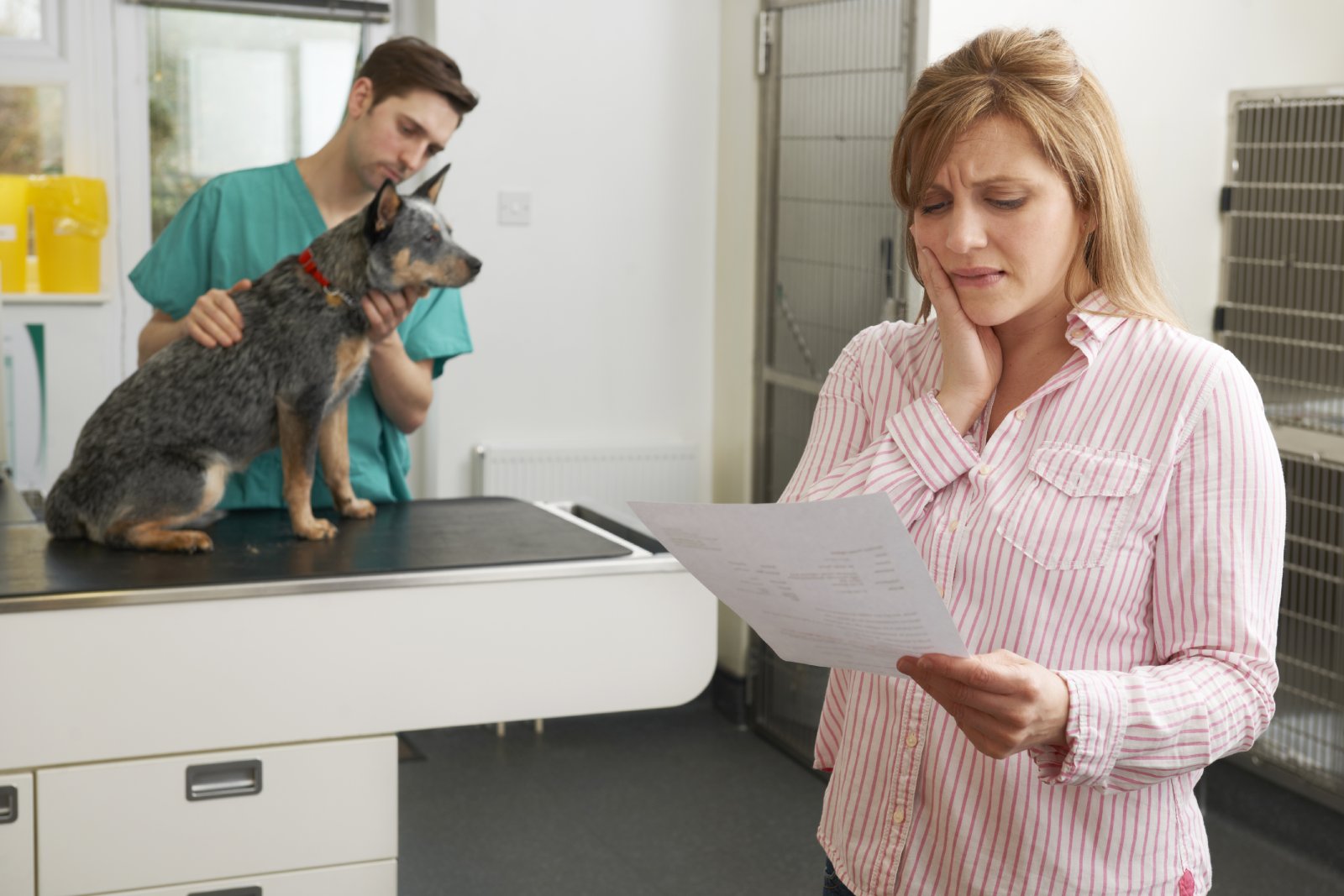Labradors seem like the ideal pet with their friendly demeanour and adorable faces, but my experience has shown otherwise. I wasn’t prepared for the challenges that came with my Labrador, and it broke my heart when I had to rehome him. After talking to others who went through similar experiences, I’ve realised these issues are all too common. Here’s why you might regret getting a Labrador.
1. Overbreeding Issues

Due to their popularity, Labradors are often overbred, leading to genetic issues. My Labrador had several health problems right from the start, which were both heartbreaking and expensive to manage.
2. High Energy Levels

Labradors are incredibly energetic and need significant daily exercise. I struggled to keep up with the long walks and active playtime they require, leading to destructive behaviour when my Labrador got bored.
3. Shedding Galore

Labradors shed heavily year-round. My house was constantly covered in dog hair, and no matter how much I cleaned, it was overwhelming.
4. Prone to Obesity

Labradors have a tendency to gain weight easily. Managing their diet and ensuring they get enough exercise was a constant battle that I wasn’t prepared for.
5. Expensive Vet Bills

Between genetic health problems and injuries from their high energy, vet bills can add up quickly. I found myself at the vet more often than I ever anticipated, and the costs were substantial.
6. Destructive Chewing

Labradors are notorious for chewing on anything they can find, from furniture to shoes. Despite providing plenty of chew toys, my Labrador still managed to cause significant damage.
7. Requires Constant Supervision

They need constant supervision, especially when young. Leaving my Labrador alone for even a short period often resulted in a mess or something chewed up.
8. Need for Early Training

Without early and consistent training, Labradors can develop bad habits. They need firm but gentle guidance to become well-behaved pets, time I didn’t have.
9. Strong Prey Drive

Labradors have a strong prey drive and might chase smaller animals. This was problematic as I have other pets and live in an area with lots of wildlife.
10. Loud Barking

They can be quite vocal, especially if bored or anxious. The barking often disturbed my neighbours and made it hard to relax at home.
11. Separation Anxiety

Labradors form strong bonds with their owners and can suffer from severe separation anxiety. My Labrador’s destructive behaviours when left alone were a clear sign of this anxiety.
12. High Maintenance

They require a lot of attention and care, which can be overwhelming for busy families or individuals. Neglecting their needs can lead to behavioural issues.
13. Not Ideal for Small Spaces

Labradors need space to roam and play. My small home was not suitable for such an active dog, leading to frustration for both of us.
14. Drooling

Labradors can be heavy droolers, especially after eating or drinking. Be prepared for wet spots and drool on your clothes and furniture – it’s unavoidable.
15. Food Obsession

They are notoriously food-obsessed, which can lead to begging, stealing food, and potential dietary issues if not managed properly.
16. Joint Problems

Labradors are prone to joint issues like hip dysplasia. This requires regular vet check-ups and potentially expensive treatments.
17. Can Be Stubborn

Training a Labrador can sometimes be challenging due to their stubborn streak. Consistent and positive reinforcement training is essential but can be frustrating.
18. Territorial Behaviour

They can be territorial and protective of their home and family. This can lead to issues with other pets or strangers if not properly socialised.
19. Lifespan Commitment

Labradors can live up to 12-14 years, requiring a long-term commitment. This is not a decision to be taken lightly, especially if your lifestyle may change.
20. Financial Burden

The combined costs of grooming, vet care, insurance, and high-quality food can add up. Ensure you are financially prepared for these ongoing expenses.
21. Not Suitable for Everyone

Ultimately, Labradors are not a one-size-fits-all breed. They require a specific type of owner who can meet their high needs for care, attention, and exercise.
Think Twice Before You Leap

While Labradors are undoubtedly charming and loyal companions, they come with a host of challenges that might not fit every lifestyle. Are you truly ready to meet their demanding needs, or should you consider a different breed that better suits your circumstances?
The post Thinking of Getting a Labrador? Read This First first appeared on PawShore.
Featured Image Credit: Shutterstock / Ground Picture.
For transparency, this content was partly developed with AI assistance and carefully curated by an experienced editor to be informative and ensure accuracy.

